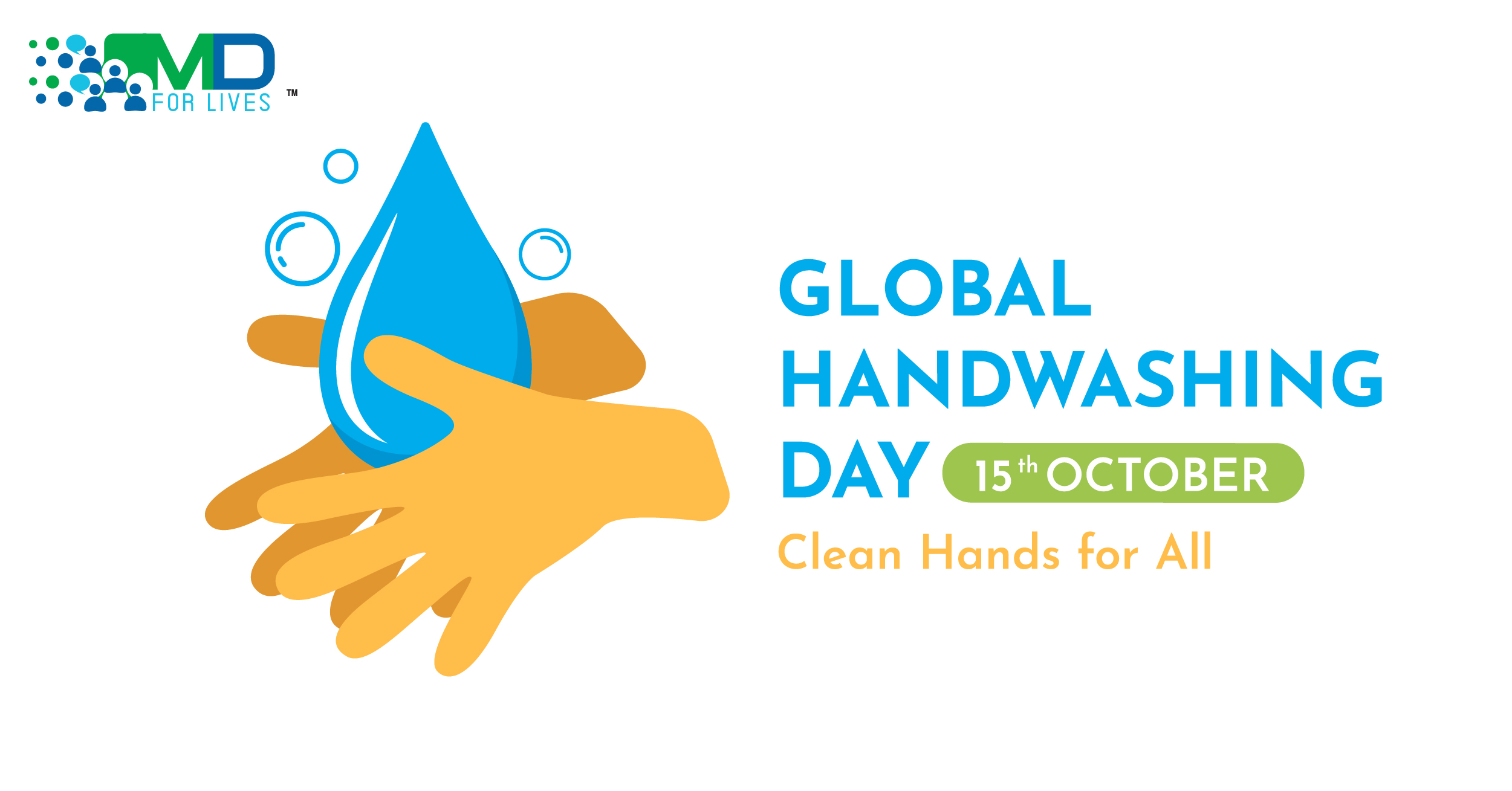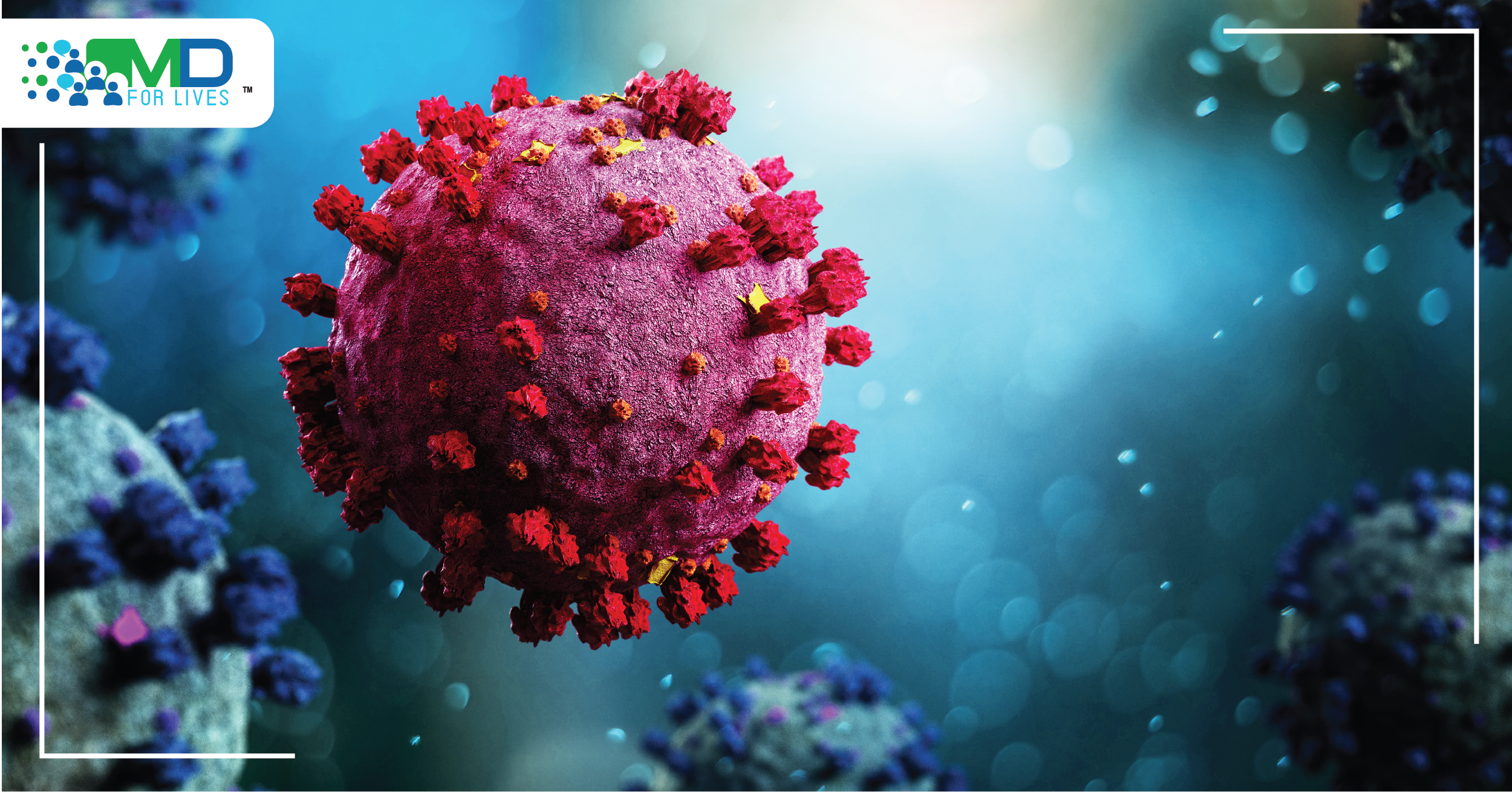As children, the majority of the people were told that singing “Happy Birthday” twice while washing their hands is an effective method to remove germs lodging in the crevices of their fingers and nails. Adults may say that it is to help prevent sicknesses or remove the grime and dirt to keep being healthy. However, while it may seem like a simple necessity in life, others think of it as a luxury. Soap is not simply accessible to all. Let’s spread the importance of hand hygiene in this Global Handwashing Day.
It is now more than ever that handwashing is necessary to save lives. This October 15th, 2020, amidst the pandemic that has completely taken over the world, is Global Handwashing Day. Quite fittingly, the theme for this year is “Handwashing for all.”
HANDWASHING WITH SOAP VS INFECTIOUS DISEASES
In a study by Gidado et al. (2018) they observed a rural community in northern Nigeria in a month during a cholera outbreak. Since this type of disease has never affected the community before, the researchers observed the effect of how hand hygiene greatly affected the transmission of the disease.
Two key risk factors significantly affect the acquisition of cholera: first is contact with a person infected with diarrhoea as a factor in acquiring the disease, and the other is poor hand hygiene. The researchers found that people who wash their hands with soap before eating, and those who do the same after using the toilet have lower chances of contracting cholera.
Given that the study is situated in a naive, rural community in northern Nigeria, accessibility to clean water is quite difficult. However, Mathur (2011), found that what is essential is using soap. Utilizing clean or dirty water does not bear much significance, as both reduce the possibility of spreading infections to others.
Apply that to today’s global problem, and handwashing is still a primary need for survival. Ever since the onset of this pandemic, the World Health Organization (WHO) keeps reminding people to avoid contact with high-touch surfaces such as door handles, railings, tables in fast food settings, etc. At the same time, they continually advise being conscious of touching the eyes, nose, mouth, and ears to avoid contraction of COVID-19.
To maintain cleanliness, WHO reminds everyone to keep their hands clean to lessen the possibility of acquiring COVID-10. A couple of methods include regular use of alcohol and washing their hands with soap as often as possible to fight the infection. Handwashing with soap helps eradicate the outer membrane of the virus, which causes deactivation of the virus.
Beale et al. (2020) found that even moderate-frequency of handwashing, meaning at least six to ten times a day, can reduce a person’s risk of catching a seasonal infection such as COVID-19 by at least 36%.
HAND HYGIENE ACCESSIBILITY
Home
Surprisingly, only 60% of the world’s population has access to a handwashing facility within their homes. At the same time, a significant percentage of this may have water in their stations, but no soap. Hence, further defeating the purpose of handwashing with soap and its benefits.
While it is recommended that each household has a designated handwashing station, it may be quite impossible at the moment. To date, there are more than 10 million people who have limited to no access to handwashing facilities in 17 countries alone.
Public Places
Before the pandemic, people come and go to facilities as they please. However, with the number of COVID-19 patients on the rise, all public and private buildings, major transportation stations, and other places where people go frequently, have implemented stricter policies to ensure safety. These policies include using alcohol before entering the building, and stations randomly placed within the vicinity. At the same time, the management ensures that the restrooms have soaps in them.
At the time of writing, some private organizations offered to construct handwashing stations in public locations.
Hand Hygiene For All
Needless to say, proper hand hygiene is essential for survival these days. Hence, it is vital to create clamour today and call for everyone to practice healthy hand hygiene such as handwashing with soap at least six times a day. It does not only protect oneself, but it also helps prevent others from contracting COVID-19, too.
However, it would be useless to give or have access to handwashing facilities, soap, and water as well without complementing those with actions to create habits. According to WHO, here are some reasons why:
- Handwashing, especially with soap is a cost-effective yet effective way to combat COVID-19.
- It is a practice which can be applied and practised in the long-run.
- Hand hygiene is also vital to protect oneself and others.
Hand hygiene for all may seem impossible at the moment, but it would undoubtedly be armour for the future.







